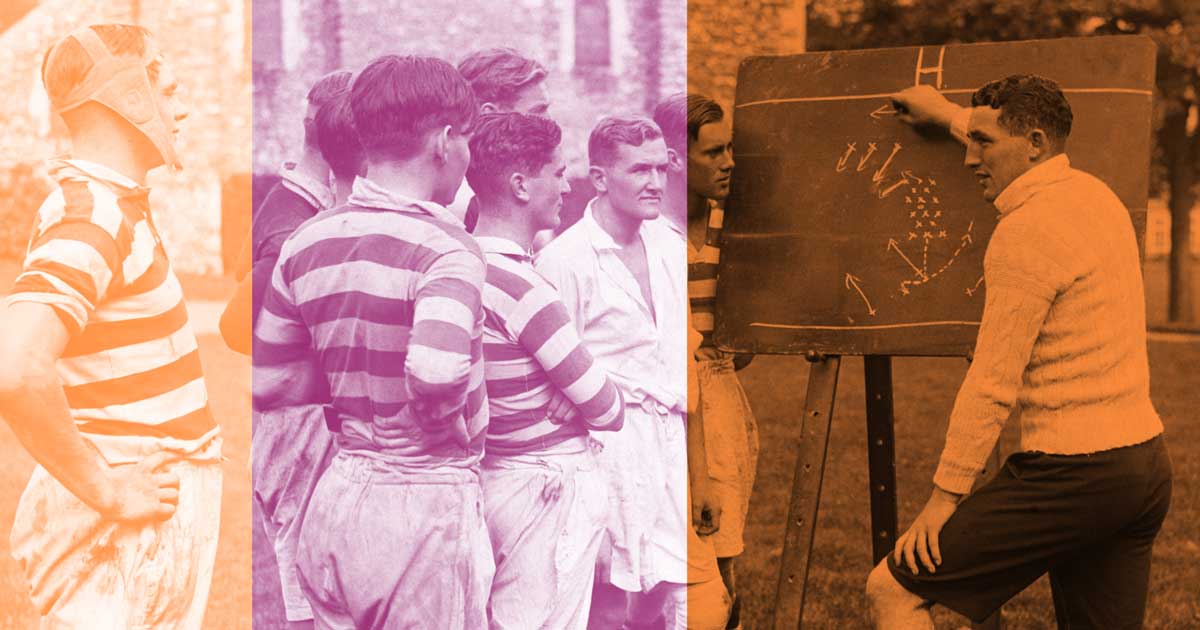Young doctors who have published a high number of scientific articles are more likely to be successful when applying for fellowships, jobs, and residency programs in the USA. Encouraging these young professionals to increase their academic output has led to a side effect that borders on misconduct: a proliferation of companies and workshops whose official purpose is to offer clients training in scientific writing, but that in practice, allow them to pay a fee to be named as authors of papers — often low in quality — produced by a group and published mainly in conference proceedings.
An article in the journal Science identified at least 24 companies around the world that offer such services online and showed how they operate. The survey was carried out by Danish journalist Frederik Joelving, editor of the Retraction Watch website, and was sponsored by a fund created by Science to promote investigative journalism, with resources donated by Daniel Pinkel, professor emeritus of biophysics at the University of California, San Francisco.
The target audience for the services is the approximately 12,000 foreign doctors who apply for fellowships and residency programs in the USA every year and need to strengthen their CV to stand out above local applicants. The most notable example is a company based in Atlanta, led by Indian doctor Rupak Desai, that charges US$1,000 for its Express Research Workshop. Participants are asked only to work remotely for up to 15 hours over the course of a few weeks, collectively drafting scientific manuscripts. The company advertises that with the help of Desai’s services, participants can be named as authors of three abstracts published in the proceedings of an annual conference of the American Heart Association. For an additional US$600, they are offered bylines on two more abstracts in other conference proceedings and two articles in journals indexed in the PubMed database. Although abstracts presented at conferences are not subject to the same level of quality review as those published in scientific journals, they still have a positive influence on residency applications in the USA, according to Science. The services are usually promoted through WhatsApp groups and LinkedIn, using fellowships and job opportunities at hospitals to attract would-be clients.
Desai denies that the people he has helped — numbering more than 300 — purchased authorship by participating in his workshops, and says they all contributed to the papers in some way, whether by discussing the study design, searching large open-access databases, reviewing literature, writing the text, or creating images. He claims that his company’s mentors have in-depth knowledge of the information sources used, meaning they are able to guide a group of students to select and analyze data and produce a manuscript within just a few weeks. According to the Science article, Desai himself is an example of how efficient the method can be for increasing a person’s scientific production. Despite not working at any hospital or academic institution, he coauthored 163 publications in 2023—almost 40 of them were abstracts in American Heart Association conference proceedings.
The article names several other companies in the sector. One based in Arizona charged clients US$275 to take part in a remote group study that would result in an article submitted for publication within just two to three weeks. A California-based program used a recent client who landed a residency position after adding 34 publications to his résumé as its poster child. If the training on offer is legitimate, the inclusion of a person’s name on a paper to which they only dedicated a handful of hours challenges the concept of academic authorship, which should only be attributed to individuals who have made significant contributions to a paper. “That’s misconduct, in my view,” said Croatian biomedical doctor Ana Marušić, a research integrity consultant and council member at the Committee on Publication Ethics (COPE), an international group of journal editors that discusses ethical standards in scientific publishing.
The companies often use inventive methods to facilitate the publication of their manuscripts. Two of them — the Research Update Organization and the California Institute of Behavioral Neurosciences & Psychology — inform customers that they have their own “channels” at Cureus, a medical science journal that adopts two particular editorial approaches: it accepts manuscripts for immediate publication and reviews them after they have been published, based on the concepts of open science; and it allows registered companies to appoint researchers to act as editors of an article, managing the content from submission to publication, which can be vulnerable to manipulation. Graham Parker-Finger, director of publishing at Cureus, told Science that the journal evaluates “all organizations that have a Cureus channel carefully before approval, considering their history and ethical standards.”
Papers produced by these services have already sparked controversy. The Research Update Organization, based in Houston, was responsible for a contentious paper published in MDPI’s open-access journal Neurology International, as well as in conference proceedings published by the journal Stroke. The research drew significant attention from the press and on social media, having concluded that e-cigarette users faced a higher and earlier risk of stroke than tobacco smokers. The publicity led to scrutiny from e-cigarette manufacturers, who highlighted the study’s inconsistencies. For example, the study analyzed raw data from an annual health and nutrition survey by the US Centers for Disease Control and Prevention (CDC) and claimed to use a contingent of 266,058 respondents between 2015 and 2018, but the survey is only taken by 5,000 people per year. The lead author of the Neurology International article, who was also responsible for the statistical analysis of the study, was Urvish Patel, founder of the Research Update Organization, and the other authors were young foreign doctors, some of whom attended the company’s workshops. Patel claims to be affiliated with the Icahn School of Medicine at Mount Sinai, New York, which says it has no links with Patel, but that a student with that name completed a master’s degree in public health at the institution in 2015.
Republish